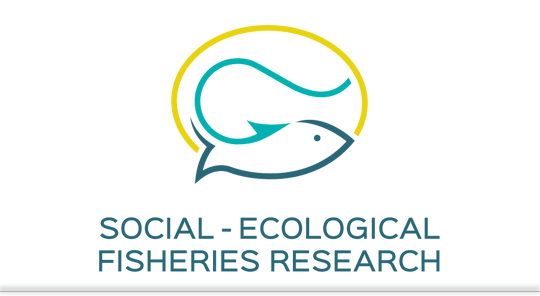This study examined the growth, activity, metabolism and post-release survival of three groups of Florida largemouth bass Micropterus floridanus: wild-caught fish, hatchery fish reared according to standard practice (hatchery standard) and hatchery fish reared under reduced and unpredictable food provisioning (hatchery manipulated). Hatchery-standard fish differed from wild-caught fish in all measured variables, including survival in semi-natural ponds. Hatchery-standard and hatchery-manipulated fish showed higher activity levels, faster growth and lower standard metabolic rates than wild-caught fish in the hatchery. Fish reared under the manipulated feeding regime showed increased metabolic rates and increased post-release growth, similar to wild-caught fish. Their activity levels and post-release survival, however, remained similar to those of hatchery-standard fish. Activity was negatively correlated with post-release survival and failure of the feed manipulation to reduce activity may have contributed to its failure to improve post-release survival. Activity and post-release survival may be influenced by characteristics of the rearing environment other than the feeding regime, such as stock density or water flow rates.
Effects of hatchery rearing on Florida largemouth bass Micropterus floridanus resource allocation and performance under semi-natural conditions
Peer-reviewed

Garlock, T., Monk, C. T., Lorenzen, K., Matthews, M. D., Mary, C. M. St. (2014). Effects of hatchery rearing on Florida largemouth bass Micropterus floridanus resource allocation and performance under semi-natural conditions. Journal of Fish Biology, 85, 1830-1842
Published
: 2014
Appeared in
: Journal of Fish Biology, 85, 1830-1842
